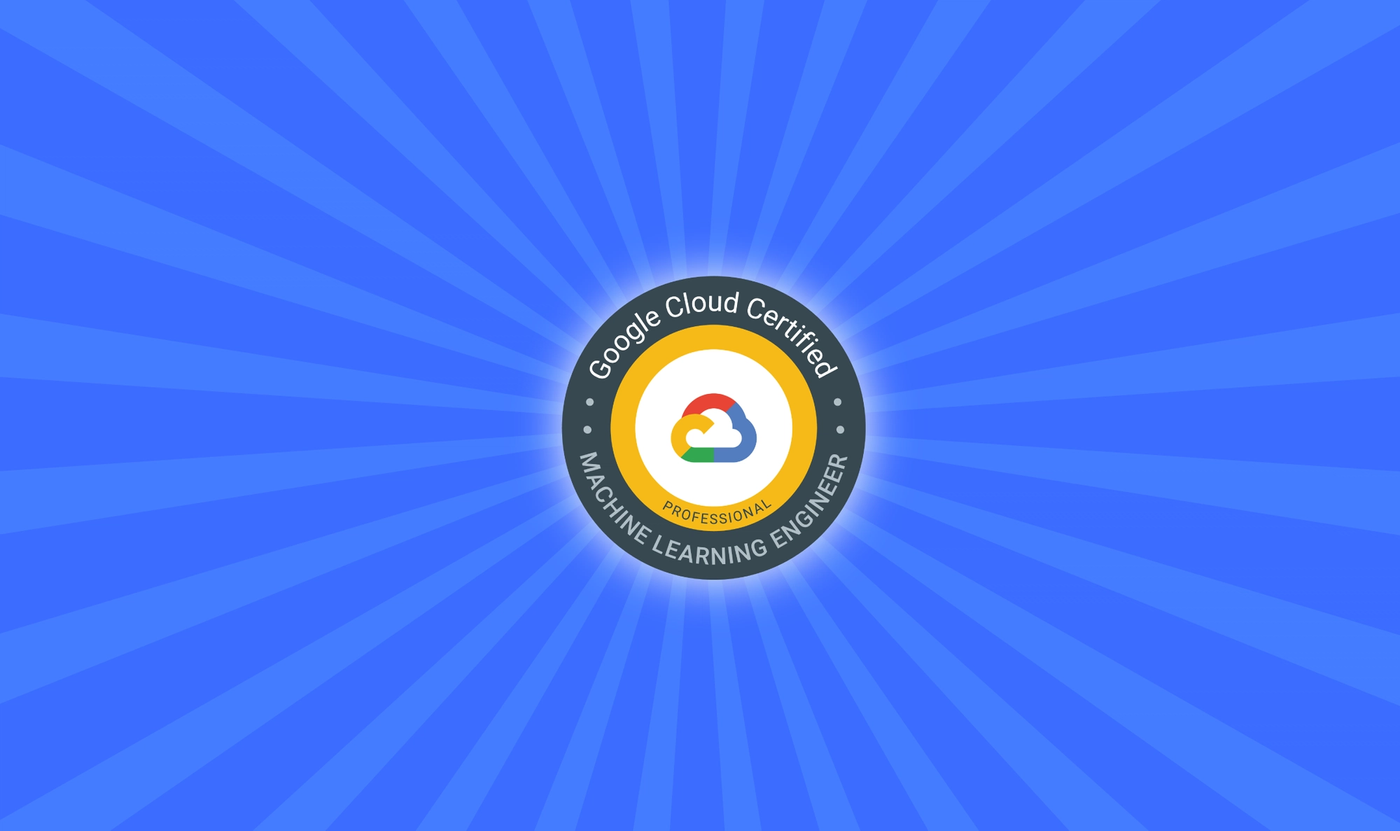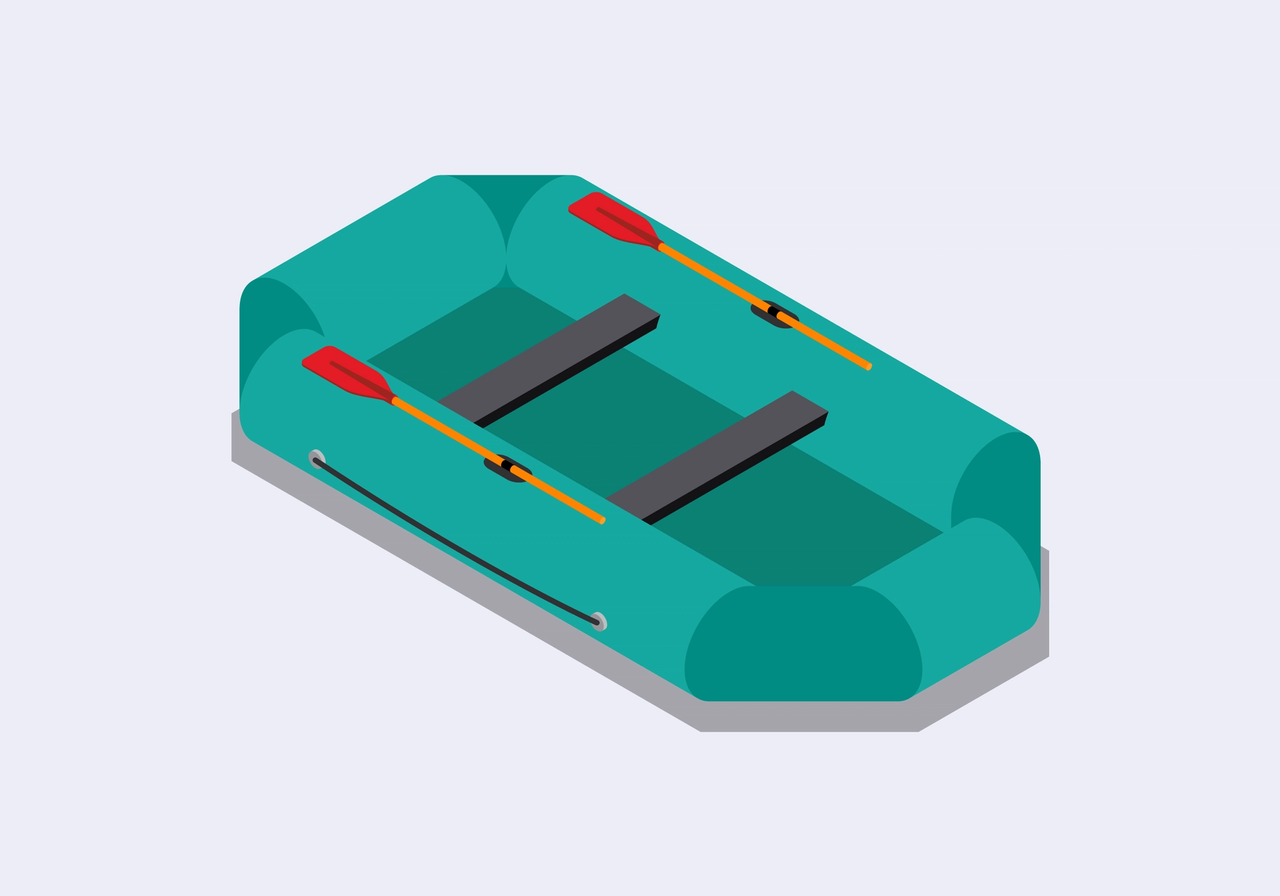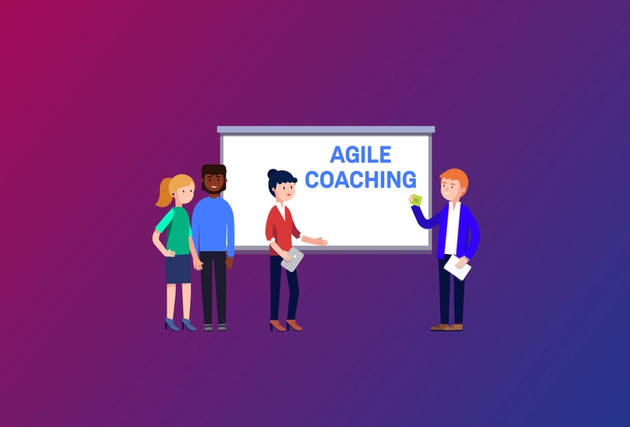How to Become a Google Certified Professional Cloud Architect
So you’re interested in working with Google Cloud. Maybe you’ve seen our previous article on GCP certification paths and know that you’d like to pursue the Professional Cloud Architect (PCA) certification.
Let’s take a look at the knowledge required to become a Google Certified Professional Cloud Architect, what you can expect on the certification exam and how to prepare!
What Is a Google Certified Professional Cloud Architect?
As a Professional Cloud Architect, you can expect to be working across all levels of business to establish requirements and business objectives, as well as design and implement the solutions to fulfil these within the Google Cloud ecosystem. This includes ensuring sustainability, scalability, security and cost considerations are all met across each system as well as your organisation’s environment as a whole.
The Certification
The Professional Cloud Architect certification is geared around, perhaps unsurprisingly, the overarching design choices for system implementation. This means that it is quite a broad certification and covers many different GCP services and decisions about which one (if any) is the best for a given situation.
Key Learning Objectives
You can expect to learn about the following topics (at minimum):
- Compute (Google Compute Engine, Google Kubernetes Engine, etc)
- BeyondCorp (Cloud Identity, IAP, Workload Identity, etc)
- Storage (Google Cloud Storage, Cloud SQL, Cloud Spanner, etc)
- Analytics and ML/AI (BigQuery, Dataflow, Cloud ML, etc)
- Networking (VPC, Private Service Connect, etc)
You will also need to learn a fair bit of content that is not specifically related to Google Cloud services, but is related to technologies or frameworks that it uses.
These include:
- Kubernetes (including using the kubectl CLI tool)
- gcloud and gsutil CLI tools
- API design and versioning best practices
- Content Distribution Networks (CDN)
- Networking concepts
The Exam
Now, you’re probably thinking: “that’s a lot of stuff, how is that even assessed?”. Here’s what to expect from the Professional Cloud Architect exam:
The Format
The exam itself is 120 minutes long, with 50 questions to answer. All questions are multiple choice, though some questions will require you to select multiple answers from the list.
The questions are usually phrased with one or more key criteria, so make sure that you read them carefully and consider the options presented with this in mind. This could be a technical criteria, such as the type of data that is being used within a solution, or it could be non-technical: speed or cost of implementation, for example.
The Catch
If you’ve taken certification exams before, you’d be forgiven for thinking that the point of this certification is to familiarise you with services, their potential applications, and their “dos and don’ts”.
The PCA certification has a significant portion of questions that are based on four case studies, found here. These case studies exist to act as a springboard for you to think about how to map business and technical requirements to solution architectures.
I strongly recommend that you take the time to conceptually map out a solution for each of the case studies. Doing so will get you to critically evaluate the options available to you within GCP and how they can fulfil the needs outlined in each case study document - which is exactly what you’ll be doing as an architect.
How to Safely Navigate the Observability River: Your Complete Guide to Monitoring & Observability
Everyone is looking for new ways to improve their platforms and applications, but where do you start?
We’ve got to look at the picture as a whole… It’s time to take a trip down the Observability River.
Preparing for the Google Certified Professional Cloud Architect Exam
1. Recommended Experience and Prerequisites
You can see that there is considerable breadth of content to take in—there’s a reason why the Google recommendation is 1+ year of working in GCP prior to taking the certification. Whilst that isn’t strictly necessary, you will benefit from any amount of working in GCP rather than solely relying on theory. Google’s Qwiklabs (besides the specific exam preparation course) can help with that if you don’t have any idea how to get comfortable with some of these services.
2. Preparation Content
Qwiklabs
As previously mentioned, the best way to learn this content is by doing. Google is great about this - there are quite a few Qwiklabs exercises that involve actually working in the GCP console, creating and managing resources. There is a specific course targeted at the PCA exam, but if you don’t have much hands on experience working in GCP, it would be worth your time to work through the following Qwiklabs quests:
- Create and Manage Cloud Resources
- The Baseline Infrastructure and Data, ML, AI courses
- Cloud Architecture
- And, depending on your background, you may also benefit from some courses targeted specifically at those coming from AWS or Azure.
Third Party Courses
Of course, there is more than one way to approach this. In addition to Google’s content, you may find it useful to look at lectures and exercises from other training providers. During my own preparation for the PCA, I built up my own Github repository of service information and Terraform examples (including sample case study solutions!), as well as some of the usual suspects - Udemy and ACloudGuru both have some good content and practice exams, especially if you just need it explained another way to the official documentation.
Google also offers sample exam questions from the base PCA information page to test your mettle. These are usually very reflective of the types of questions you can expect to get on your exam, so it’s worth taking a look at these.
You can also register for the Cloud OnAir Webinar series on this certification for some insights into preparing for it directly from Google SREs.
In Summary
The PCA certification is great for both building familiarity with GCP’s services as well as expanding your technical acumen for making architectural decisions, but because of this you may be caught off guard if you’re expecting something more centred around services such as AWS’s Associate level Solution Architect exam.
Study well, think critically about your options in the presented questions and you too could be a Google Certified Professional Cloud Architect!








